In a groundbreaking archaeological revelation, a team of Egyptian researchers has unearthed a 3,000-year-old city near Luxor, hailed as the most significant find since Tutankhamun’s tomb. Dubbed the "Lost Golden City," this sprawling settlement dates back to the reign of Amenhotep III and continued under Akhenaten and Tutankhamun. The discovery promises to reshape our understanding of ancient Egypt’s opulent 18th Dynasty and the mysterious period of religious revolution that followed.
The Sands Yield a Secret
Beneath the shifting sands of the western bank of the Nile, what began as a routine search for a mortuary temple in September 2020 quickly escalated into something far grander. As archaeologists brushed away layers of dust, walls began to emerge—some towering nearly ten feet high, their mudbrick structures remarkably intact. Zigzagging partitions suggested an organized urban layout unlike anything seen from this era. Within weeks, it became clear this was no ordinary excavation. The team had stumbled upon a frozen moment in time: a city abandoned in haste, its bakeries still containing loaves, its workshops filled with tools, as if waiting for workers who never returned.
A Time Capsule of Daily Life
What makes this discovery extraordinary isn’t just its scale—stretching toward the Deir el-Medina workers’ village—but its pristine preservation. Unlike ceremonial tombs designed for eternity, this city captures the vibrant pulse of daily existence. In the southern district, a bakery complex with ovens and storage pottery hints at industrial-scale food production, possibly catering to royal celebrations. Nearby, a workshop still holds casting molds for amulets and delicate inlay components, offering unprecedented insight into the craftsmanship behind Egypt’s iconic treasures. Most poignant are the personal artifacts: a buried skeleton with arms outstretched, a jar containing dried fish wrapped in linen—mundane yet intimate glimpses into lives abruptly interrupted.
The Heretic Pharaoh’s Shadow
Among the most provocative findings are clay seals bearing Akhenaten’s cartouche, confirming the city’s use during his controversial reign. This radical ruler abandoned Egypt’s traditional gods to worship the sun disk Aten, moved the capital to Amarna, and unleashed artistic reforms. The Golden City’s continuous occupation through this turbulent period suggests it may have been a key administrative hub during his revolution—and perhaps a place where old and new beliefs clashed. A vessel containing gallons of dried meat (labeled Year 37, likely for Amenhotep III’s jubilee) implies the city prepared offerings for traditional rituals even as Akhenaten’s monotheistic reforms took hold elsewhere.
Rethinking an Era
Prior to this discovery, historians believed Amenhotep III’s later years saw economic decline. The Golden City shatters that assumption. Its wealth of imported goods—Mycenaean pottery, Cypriot copper, and lapis lazuli from Afghanistan—reveals thriving international trade. The presence of glass furnaces (previously thought to be Akhenaten’s innovation) now appears rooted in his father’s reign. Most startling is a series of tunnels cutting through the northern sector—possibly early examples of the hidden corridors that would define later royal tombs. This suggests security concerns emerged decades before the tomb robberies of Ramesside times.
Unanswered Questions and Future Hopes
As excavations continue, mysteries multiply. Why was the city abandoned? Some speculate plague or political turmoil during Akhenaten’s reign. Others note its proximity to Ramses III’s later mortuary temple, suggesting the site held enduring significance. Most tantalizing is the unopened group of tombs in the southern valley, their sealed entrances hinting at undisturbed contents. With at least three more years of planned excavation, archaeologists believe the city may yield royal archives that could finally explain Akhenaten’s motives—and whether Tutankhamun grew up within these very walls before restoring Egypt’s old gods.
For now, the Lost Golden City stands as both a revelation and a riddle. Its mudbrick alleys whisper of a civilization far more complex than tomb paintings suggest, where grand revolutions began not in palaces, but in the crowded spaces where ordinary people lived, worked, and resisted change. As the desert slowly surrenders its secrets, one truth becomes clear: history isn’t just written by the victors, but also buried beneath their feet, waiting for the right moment to speak.

By Victoria Gonzalez/Apr 10, 2025

By Joshua Howard/Apr 10, 2025

By Noah Bell/Apr 10, 2025

By Emily Johnson/Apr 10, 2025

By Eric Ward/Apr 10, 2025
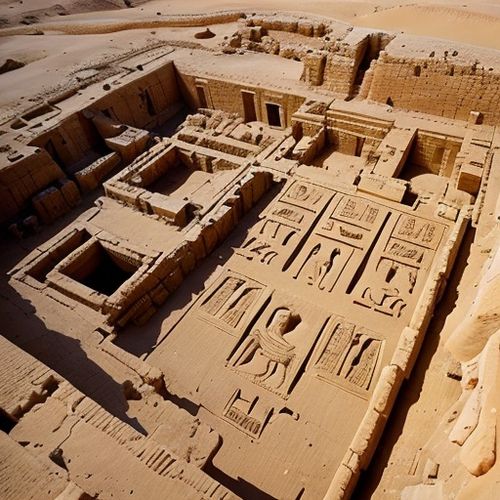
By Megan Clark/Apr 10, 2025
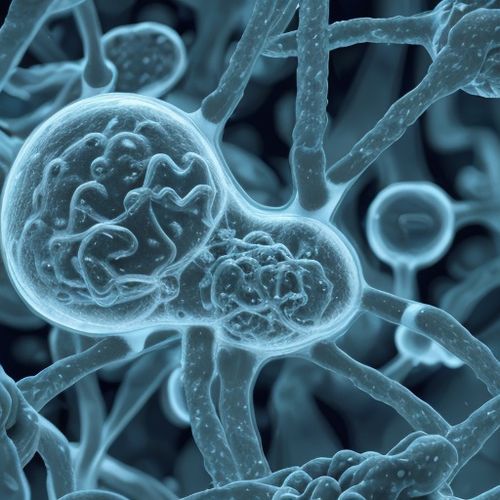
By Samuel Cooper/Apr 10, 2025

By Daniel Scott/Apr 10, 2025
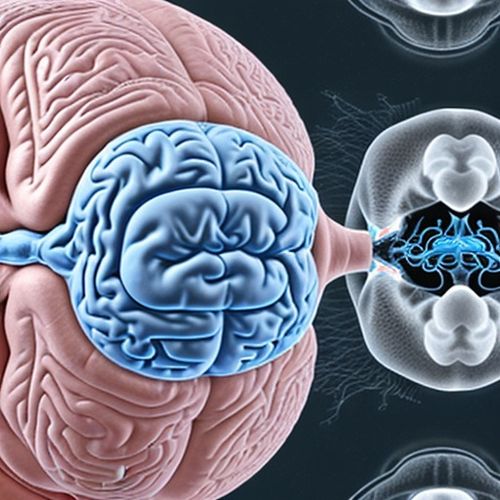
By Emma Thompson/Apr 10, 2025

By Rebecca Stewart/Apr 10, 2025
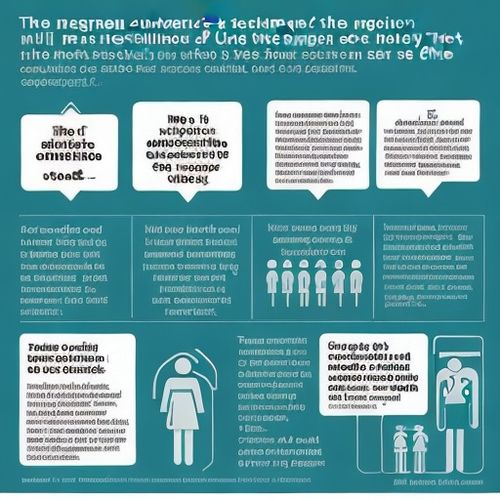
By Lily Simpson/Apr 10, 2025
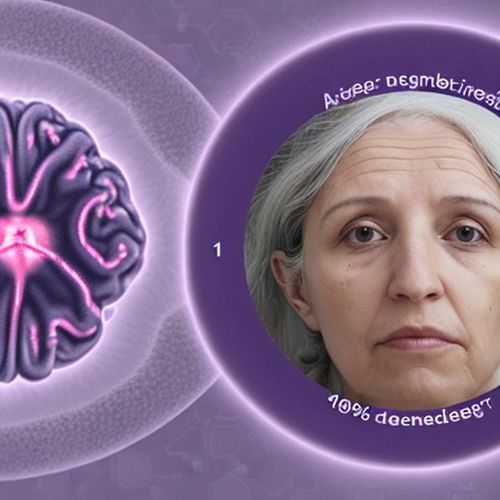
By John Smith/Apr 10, 2025

By John Smith/Apr 10, 2025

By Samuel Cooper/Apr 10, 2025

By John Smith/Apr 10, 2025

By Rebecca Stewart/Apr 10, 2025

By Joshua Howard/Apr 10, 2025